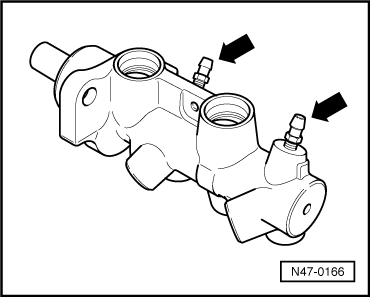AshL
Love my S3!
- Joined
- Aug 15, 2015
- Messages
- 52
- Reaction score
- 14
- Points
- 8
Hi guys,
I'll try make this as short as possible.
I went to ADI and did 3 track sessions.
During this my brake pedal went long and spongey and has stayed like it.
I've had my brake fluid changed 2 days ago but this hasn't helped restore the pedal feel at all.
The garage I took it to said I may need a new brake master cylinder.
What are the chances that I do in fact need a new one and are these known to fail? Is there anything else that could be at fault?
Any other info on the matter would also be much appreciated.
Thanks in advance,
Ash
I'll try make this as short as possible.
I went to ADI and did 3 track sessions.
During this my brake pedal went long and spongey and has stayed like it.
I've had my brake fluid changed 2 days ago but this hasn't helped restore the pedal feel at all.
The garage I took it to said I may need a new brake master cylinder.
What are the chances that I do in fact need a new one and are these known to fail? Is there anything else that could be at fault?
Any other info on the matter would also be much appreciated.
Thanks in advance,
Ash





